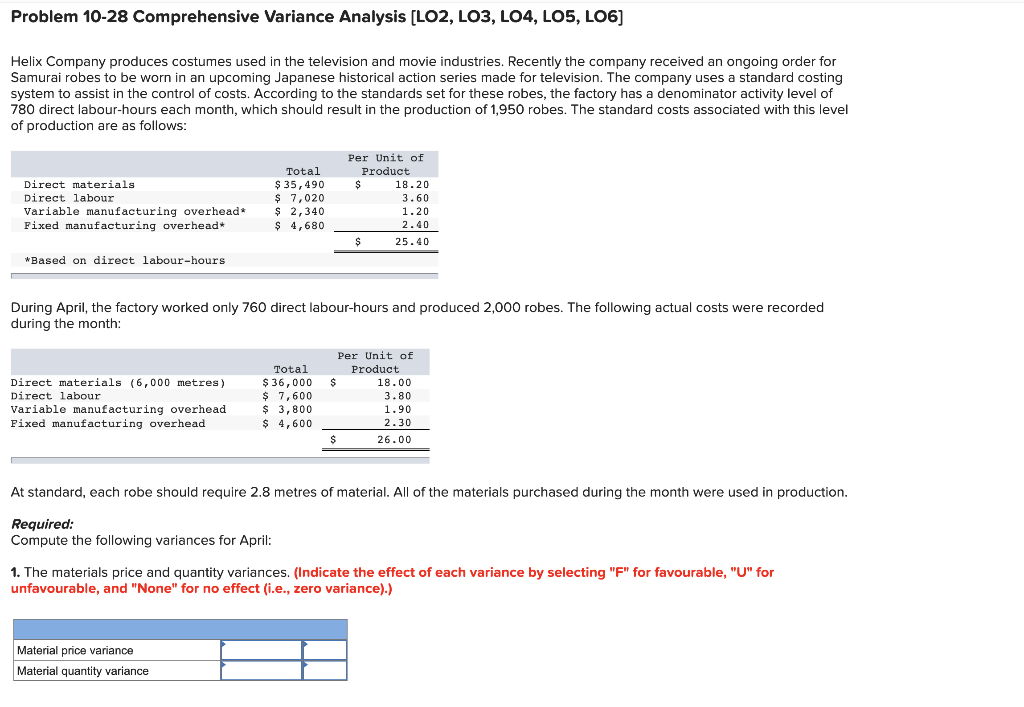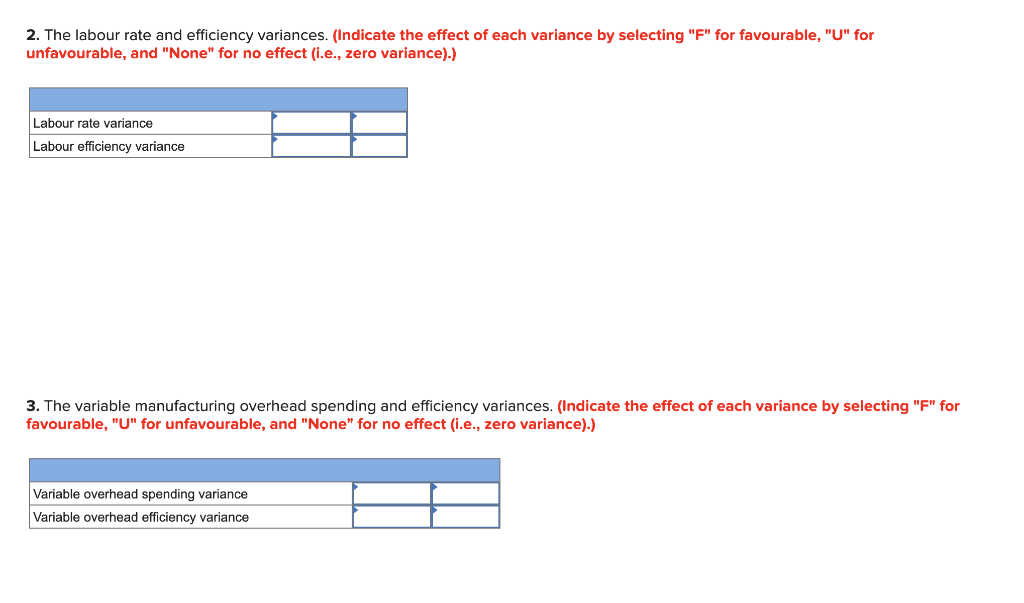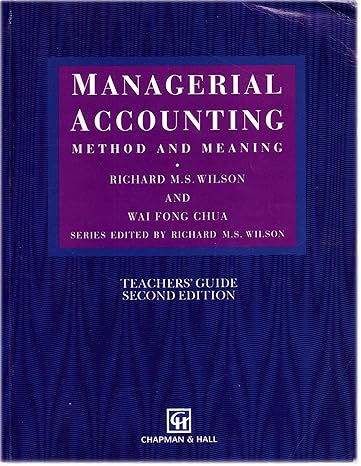

 Please show steps if possible. Thanks
Please show steps if possible. Thanks
Problem 10-28 Comprehensive Variance Analysis (LO2, LO3, LO4, LOS, LO6] Helix Company produces costumes used in the television and movie industries. Recently the company received an ongoing order for Samurai robes to be worn in an upcoming Japanese historical action series made for television. The company uses a standard costing system to assist in the control of costs. According to the standards set for these robes, the factory has a denominator activity level of 780 direct labour-hours each month, which should result in the production of 1,950 robes. The standard costs associated with this level of production are as follows: Direct materials Direct labour Variable manufacturing overhead Fixed manufacturing overhead Total $ 35,490 $ 7,020 $ 2,340 $ 4,680 Per Unit of Product $ 18.20 3.60 1.20 2.40 $ 25.40 *Based on direct labour-hours During April, the factory worked only 760 direct labour-hours and produced 2,000 robes. The following actual costs were recorded during the month: Direct materials (6,000 metres) Direct labour Variable manufacturing overhead Fixed manufacturing overhead Total $36,000 $ 7,600 $ 3,800 $ 4,600 Per Unit of Product $ 18.00 3.80 1.90 2.30 $ 26.00 At standard, each robe should require 2.8 metres of material. All of the materials purchased during the month were used in production. Required: Compute the following variances for April: 1. The materials price and quantity variances. (Indicate the effect of each variance by selecting "F" for favourable, "U" for unfavourable, and "None" for no effect (i.e., zero variance).) Material price variance Material quantity variance 2. The labour rate and efficiency variances. (Indicate the effect of each variance by selecting "F" for favourable, "U" for unfavourable, and "None" for no effect (i.e., zero variance).) Labour rate variance Labour efficiency variance 3. The variable manufacturing overhead spending and efficiency variances. (Indicate the effect of each variance by selecting "F" for favourable, "U" for unfavourable, and "None" for no effect (i.e., zero variance).) Variable overhead spending variance Variable overhead efficiency variance 4. The fixed manufacturing overhead budget and volume variances. (Indicate the effect of each variance by selecting "F" for favourable, "U" for unfavourable, and "None" for no effect (i.e., zero variance).) Fixed overhead budget variance Fixed overhead volume variance


 Please show steps if possible. Thanks
Please show steps if possible. Thanks





